- New record turnover in supermarkets: Increase of +25% in 2021-23.
- A comparison of today’s prices with last year’s big Data Journalists survey.
- At +56.35% for coffee, +119.36% for olive oil, +39.31% for yogurt, +45.06% for eggs, +39% for toilet paper.
- And yet, in the fall of 2022 the general consumer price index was at 12%, while now it is at 3%. Food inflation was at 16% a year ago, while now it is down to under 10%.
- Why fines don’t “scare” supermarkets and multinational companies of essential goods?
- To what extent did the fines of 2023 and the report by the Competition Commission help or not the “household basket”?
By Vassilis Galoupis
The price surge in supermarkets started in the summer of 2022 when inflation soared to 12% in June of last year. It remained high until September, with food products in supermarkets becoming increasingly expensive due to this dynamic, continuing even until Christmas of 2022.
But in November 2023 the general consumer price index “closed” at 3%. In September it had even fallen to 1.6%. Food inflation was also “lowered” to below 10% now when in January it had reached 16%.
Yet, prices are still soaring for many products, while for others they are stuck at the already inflated levels reached when food inflation was over 15%.
The question that arises is why, while inflation indicators are falling, there is no corresponding deceleration in prices.
On January 3, 2023 Data Journalists presented in two parts its major survey on supermarket high-prices .
Back then we looked at the record increases that had been made, the non-intervention of the Competition Commission although it admitted the increases, the small and few fines by the Ministry of Development’s audit services, and the turnover – as well as the “tricks” – of supermarkets.
One year on, the new report is not encouraging for the consumer. Government fines, which have indeed increased through 2023, and the recent Competition Commission report, have not produced the desired results, as high prices have become more entrenched and in other cases have shot up further.
Simultaneously, supermarket turnovers continue to soar for another year, with the industry heading from one record to another. Alongside supermarket revenues, public funds also increase due to high VAT, with the government remaining steadfast in the possibility of reducing it.
2021-2023: Increase of +25% in supermarket turnovers
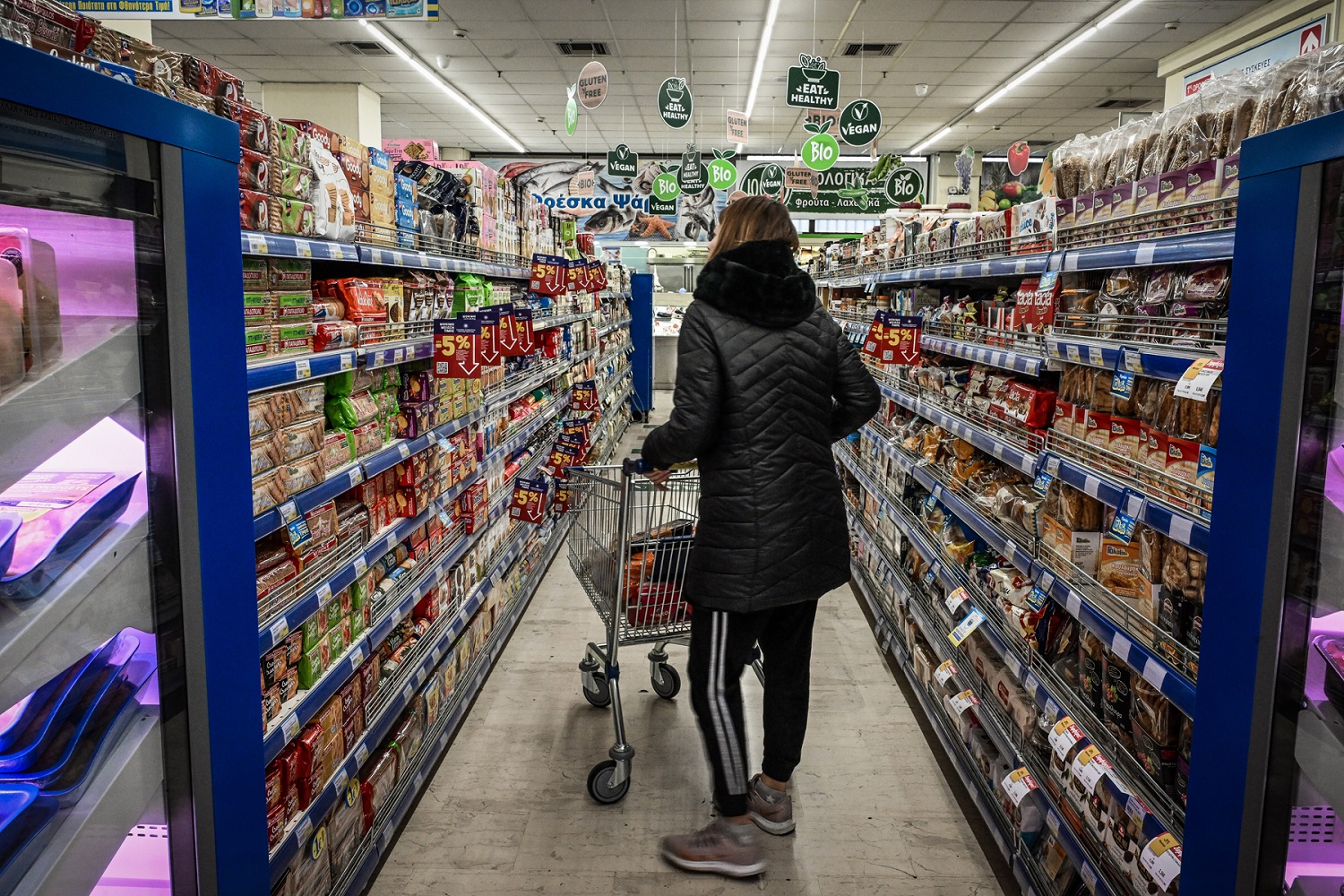
At the annual “Panorama of Greek Supermarkets 2022”, the turnover for 2021 was presented, reaching a total of 10.1 billion euros, increased by 2.4% compared to 2020 and by 9.5% compared to the last pre-pandemic year (2019).
Recently, the data from IELKA (Institute of Retail Research of Consumer Goods) regarding the turnover of supermarkets in 2022 was announced. According to the data, it amounted to 11.18 billion euros, an increase of about 10.7% compared to 2021.
The amount of 11.18 billion for 2022 comes solely from the 35 supermarket businesses that publish their balance sheets.
The top 4 supermarket chains and their turnovers from last year:
- Hellenic Hypermarkets Sklavenitis SA: 3.7 billion euros
- AB Vassilopoulos: 1.98 billion euros
- METRO AEVE: 1.5 billion euros
- Masoutis SA: 923.79 million euros
How prices drain consumers’ income
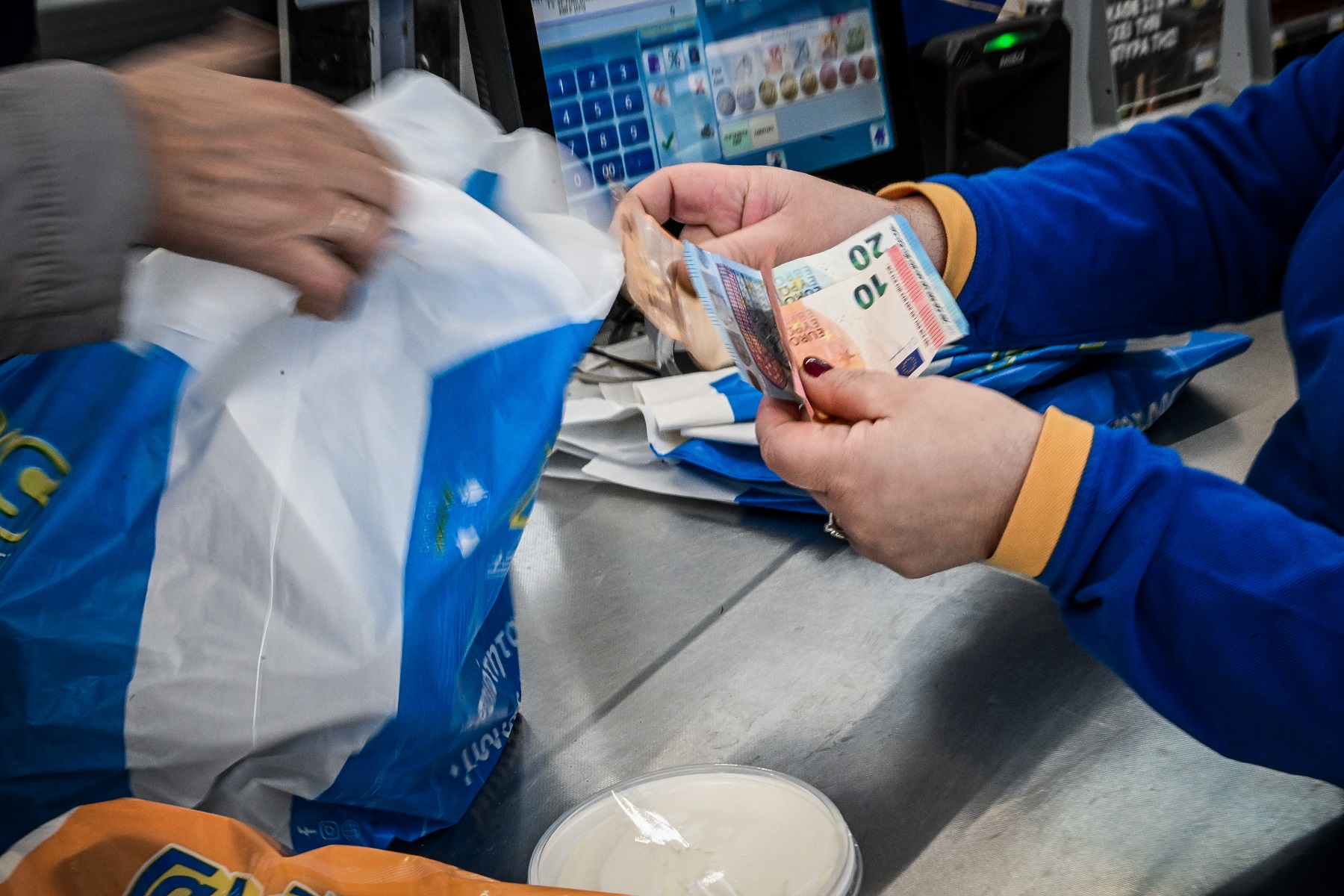
According to all recent polls, the greatest headache for citizens in Greece is the costliness. Despite the government’s attempts to support households with the “market-pass” and alleviate them through the “household basket,” the desired reduction in prices hasn’t occurred even until Christmas of 2023. Price tags on products don’t seem to be affected even by occasional fines imposed by the inspection mechanisms of the Ministry of Development.
In last year’s research conducted by Data Journalists on supermarkets, we brought to light the excessive price hikes on basic goods from October to December 2022 (HERE: Costliness: 6+1 Tricks with Supermarket Prices). For comparison, we used advertising leaflets from supermarket chains, primarily from November 2022, as well as purchase receipts from early autumn to provide a more comprehensive and valid idea of the situation.
We juxtaposed the older reference prices with those posted in the online stores of supermarkets on December 26, 2022. Naturally, for the reliability of the research, the comparisons were made for branded products from the same chains. For example, we compared the price of a specific brand of milk at a supermarket chain like “Sklavenitis” in November and on December 26, 2022.
The current comparison is being made on an indicative basis for 10 reference products from that research, meaning it concerns the prices from 2022 compared to those on Monday, December 18, 2023.
Specifically:
- Coffee “Loumidis” (Vasilopoulos): October 27, 2022, 2.52 euros/194 grams – December 26, 2022, 3.84 euros (increase of 52.38%), December 18, 2023, 3.94 euros (increase of 56.35%).
- Barilla Spaghettoni No7 500 grams (Vasilopoulos): October 27, 2022, 1.11 euros – December 26, 2022, 1.41 euros (an increase of 27.03%), December 18, 2023, 1.44 euros (an increase of 29.73%)
- Extra virgin olive oil “Chorio”, Koroneiki variety, 2 liters (Vasilopoulos): October 27, 2022, 4.35 euros (7.18 per liter) – December 26, 2022, 16.03 euros (8.02 per liter – an increase of 11.71%), December 18, 2023, 15.75 euros per liter (an increase of 119.36%)! In our new search, a 2-liter packaging of this particular product was not found
- Strained yogurt “Olympos” 3×200 grams (Bazaar): October 20, 2022, 2.90 euros – December 26, 2022, 3.30 euros (an increase of 13.8%), December 18, 2023, 4.04 euros (an increase of 39.31%)
- Toilet paper “Select” 3-ply scented, 10 rolls (Bazaar): October 20, 2022, 3.59 euros – December 26, 2022, 4.99 euros (an increase of 39%), December 18, 2023, 4.99 euros (an increase of 39%)
- Extra virgin olive oil “Epilogi Mou”, 1 liter (Kritikos): October 25, 2022, 5.45 euros – December 26, 2022, 5.98 euros (an increase of 9.72%), December 18, 2023, 9.85 euros (an increase of 80.7%)
- Chrysa Avga, Organic Eggs 4-pack (Kritikos): October 25, 2022, 2.33 euros – December 26, 2022, 3.24 euros (an increase of 39.06%), December 18, 2023, 3.38 euros (an increase of 45.06%)
- Traditional Cypriot Seftalia MEATKA (MyMarket): November 2, 2022, 6.89 euros per kilogram – December 26, 2022, packaging change, 7.59 euros per kilogram (increase of 10.1%), December 18, 2023, 8.97 euros per kilogram (increase of 30.19%)
- Stuffed Chicken Roll “Pindos” (MyMarket): November 2, 2022, 10.41 euros per kilogram – December 26, 2022, 11.90 euros per kilogram (increase of 14.3%), December 18, 2023, 11.90 euros per kilogram (increase of 14.3%)
- Sunflower Seed Oil “COROLA” 1 liter (MyMarket): November 2, 2022, 3.30 euros – December 26, 2022, 3.94 euros (an increase of 19.3%), December 18, 2023, 3.45 euros (an increase of 4.55%)
What the comparison shows
The comparison of prices confirms that the significant surge occurred towards the end of 2022, especially during the period from October to December. Despite the government already implementing the “household basket” measure during that time, it did not yield the expected results.
Despite the gradual decline in inflation from the beginning of 2023, the same trend did not apply to food prices. At best, there was a stabilization following the significant increases that had previously occurred. However, in most cases, there were further price hikes throughout 2023 beyond those that had taken place until January, especially concerning products like olive oil, dairy, meat products, eggs, etc.
With the fall in inflation being dynamic, no new increases can be justified on top of the existing – and exorbitant – 2022 increases.
The dispute between the government and the Competition Commission
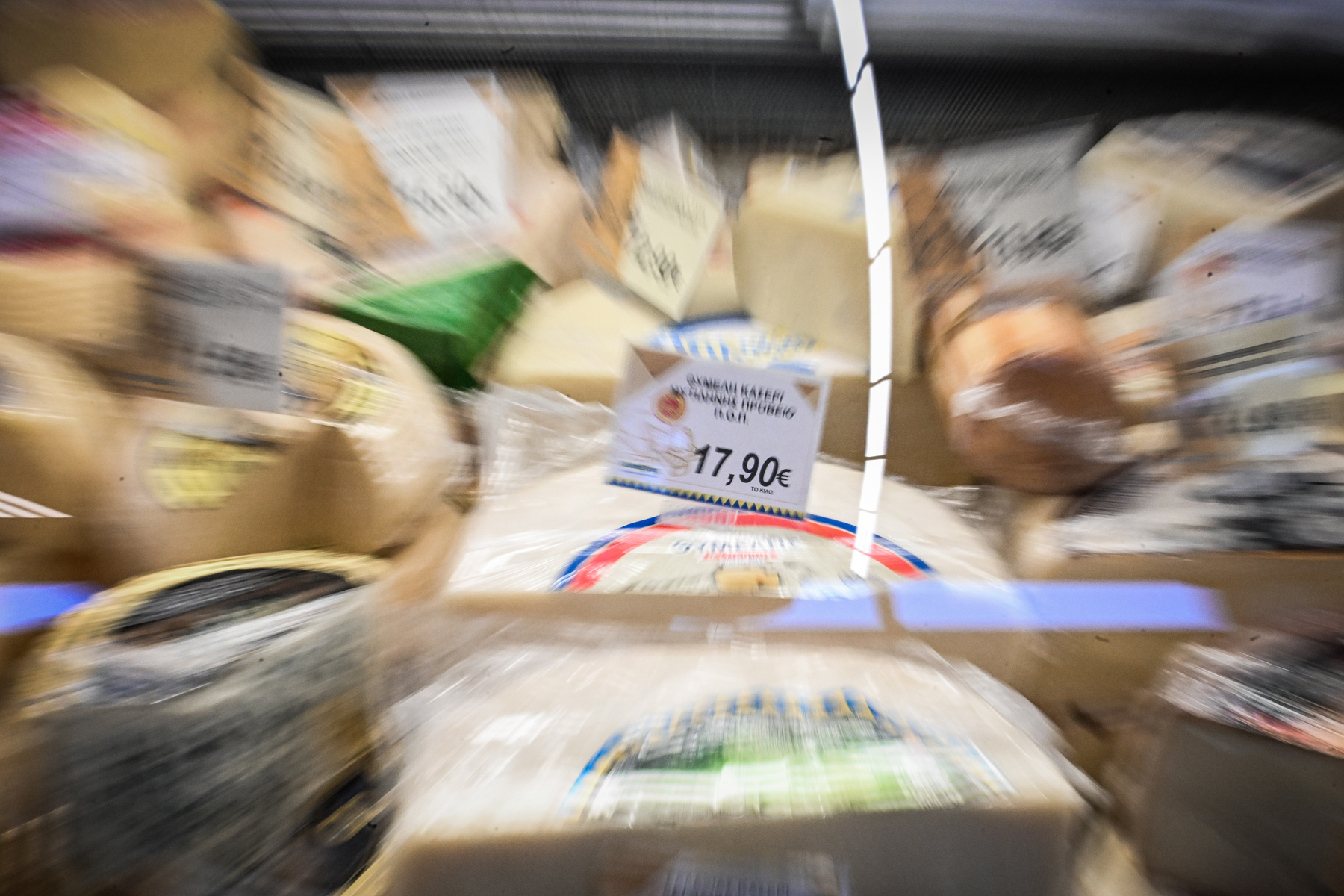
In our extensive research, we highlighted the limited involvement of the Competition Commission in the battle against profiteering, with comprehensive reports on the “tricks” that occur concerning product pricing, such as the “price corrections”.
The Competition Commission operates as an independent authority with administrative and financial autonomy. While its report in 2021 had already highlighted distortions and issues in the market, the Commission deemed that there were no grounds for intervention in the supermarket sector.
In 2023, the Competition Commission judged that it should now be more active. It published a study on the prices of detergents, revealing that multinational companies sell them in Greece at much higher prices compared to other European countries.
In November, it included a survey in the informational bulletin it publishes about the prices of dairy products at supermarkets, with Greece being among the most expensive countries in the EU.
At that time, Minister of Development Mr. Skrekas reacted, stating that “we have the Competition Commission to conduct inspections and impose fines, not to make findings”.
Mr. Lianos, the President of the Commission, responded immediately by presenting data on inspections, showing that the Competition Commission is the leader in inspections across Europe during the period 2019-2023, once again raising the issue of understaffing.
The Independent Authority had earlier also expressed its reservations about the effectiveness of the “household basket”, with government officials calling it “off-the-wall admonitions”. The government had accused the Authority’s leadership of simply engaging in market mapping, asking for data upon data from businesses, without at the same time giving equal weight to investigations into anti-competitive practices and the enforcement of competition law.
The government’s spat with the Independent Authority has raised even more doubts about coordination in a joint effort against high prices, which continue to persist.
Do the fines of 1 million euros suffice?
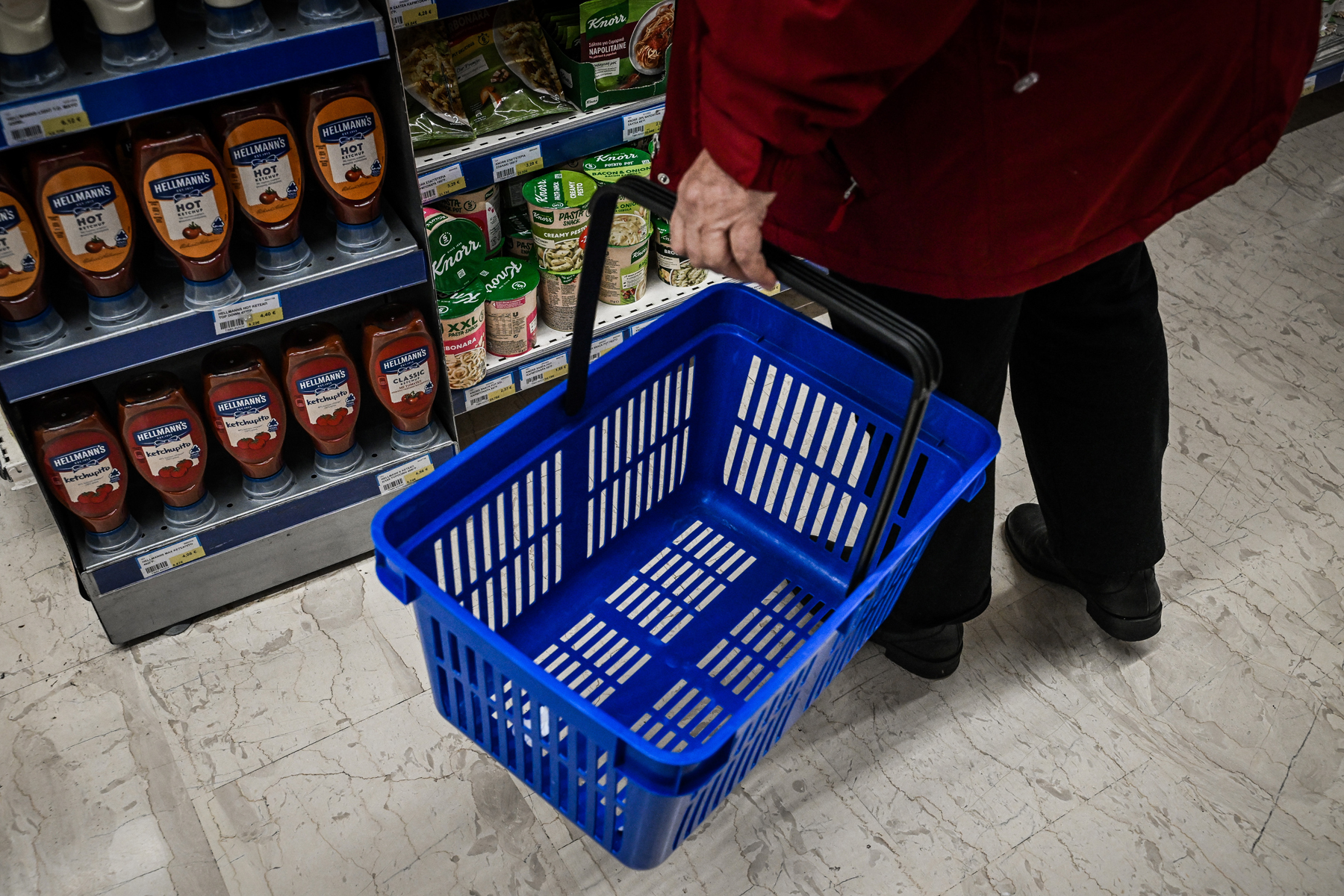
In an attempt to send messages in all directions, the government began imposing significant fines in recent months, following the parliamentary elections last June, on major multinational corporations dealing with essential consumer goods.
In the research we published in January 2022, we addressed the issue of inadequate controls by the (consistently understaffed) Market Control Unit, or DIMEA, which falls under the Ministry of Development.
The fines announced by DIMEA during 2022 for all businesses and their activities in the territory were meager, totaling only 634,070 euros, compared to 899,250 euros in 2021 when the inflation hadn’t yet reached the levels of 2022.
Especially after the elections, the government changed its tactics and decided to impose higher fines.
In November, the Ministry of Development and Investments imposed fines on two multinational giants operating in our country with products in supermarkets: 1,000,000 euros on the company “PROCTER & GAMBLE HELLAS SOLE SHAREHOLDER Co. Ltd” and 1,000,000 euros on the company “ELAIS UNILEVER HELLAS SA”.
“The same month, a supermarket from a well-known supermarket chain in Sparta was found engaging in tax evasion. The store had four cash registers, out of which only two were transmitting receipt data to the Independent Authority for Public Revenue (IAPR). Over the past 12 months – from November 2022 to November 23 of the current year – this particular store had issued but not transmitted, meaning not reported to the IAPR, receipts totaling 116,200 euros.
The store was shut down for 48 hours, and fined 63,500 euros for not transmitting the receipts, while an audit commenced both for the preceding months and usage at that specific store, as well as across the entire chain, which wasn’t officially named.
In early December, Mr. Skrekas stated that the fines had been paid and presented to the Parliament the documents detailing the payments made by the companies that violated the law: “For those who haven’t paid, we proceed to certify their debts to the tax office, and from thereon, they are collected through our country’s tax mechanism. The goal of our government is to start seeing lower prices of products at the supermarkets”. This is achieved, he explained, firstly through crackdowns on profiteering and secondly, through initiatives such as the permanent reduction in prices within the household basket.
We impose fines and announce offenders to reduce prices on supermarket shelves and allow consumers to buy products at lower prices,” he said, emphasizing that the inspections will not stop.
The ambitious view of the Minister of Development so far seems overly optimistic. The fines, in practice, have not been a panacea as the government hoped, as prices continue to rise, and profiteering persists despite the measures taken. Moreover, the fines represent only a minimal part of the profits of major multinational corporations and supermarket chains.
In their daily lives, consumers notice that prices on the shelves keep increasing, while inflation continues to fall. This constitutes the “Greek paradox” compared to the rest of Europe. Ultimately, hopes for a cheaper Christmas table, compared to last year when inflationary pressures were undeniably higher, seem unfounded…
Σχετικές έρευνες:
- Ακρίβεια: Τα 6+1 κόλπα με τις τιμές των σούπερ μάρκετ
- Ακρίβεια μέρος β: Αυξήσεις – σοκ ακόμα και 40-60% από τον Νοέμβριο
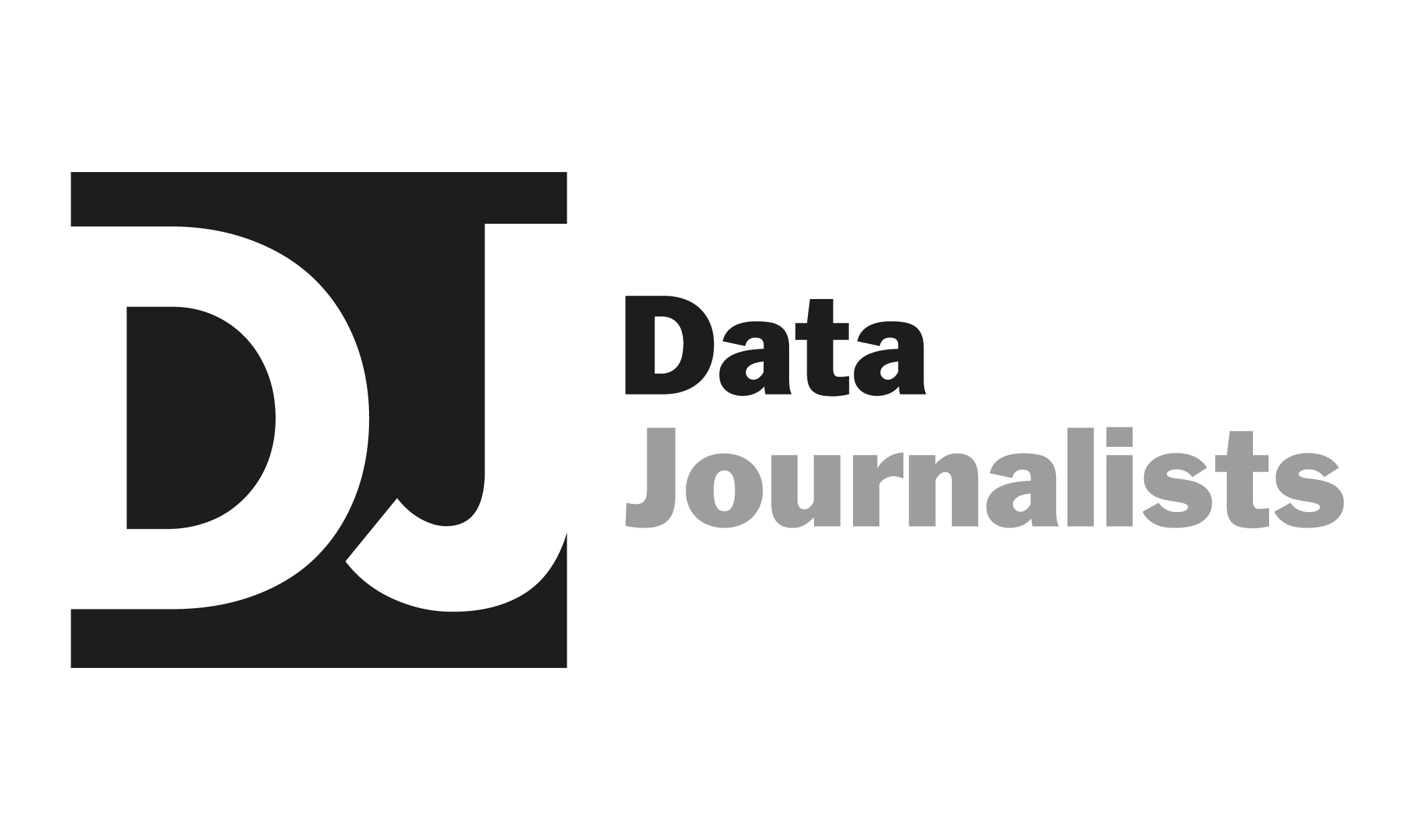




























Discussion about this post